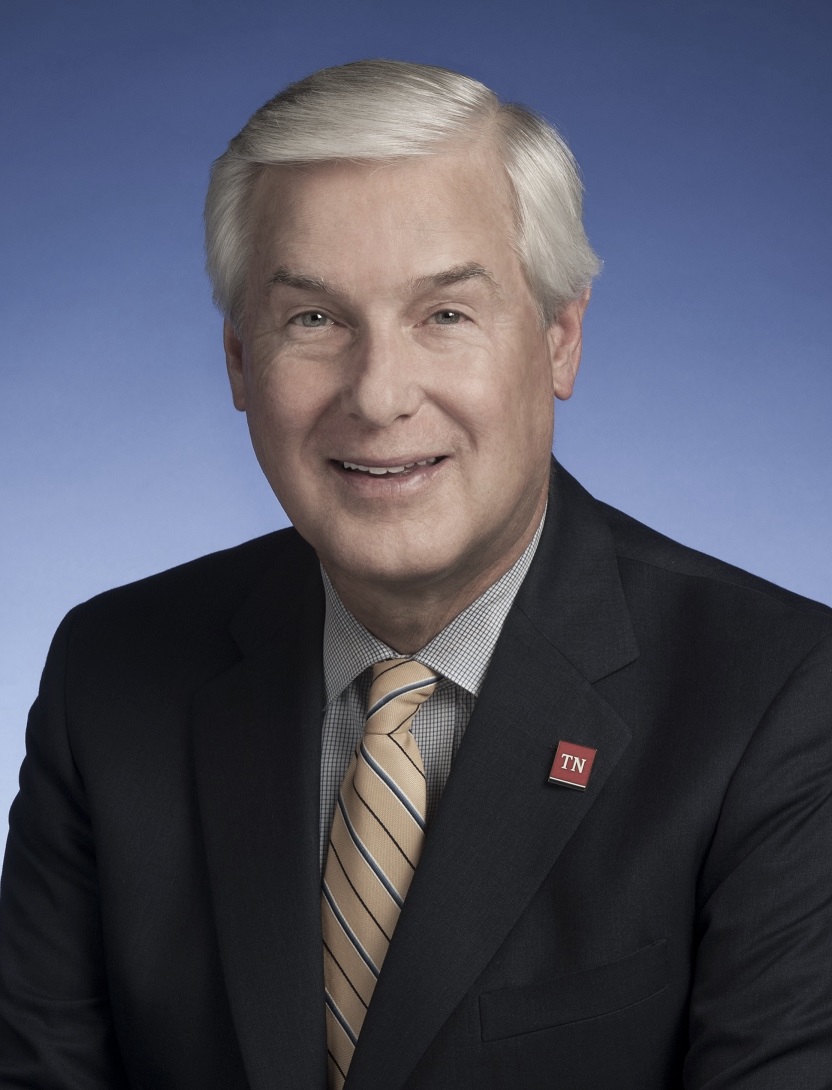The freefall of unemployment is frightening.
After experiencing success throughout their entire vocational careers, RoseWynne Brooks and Todd Foster found themselves at a crossroads in the fall of 2018.
They were both laid off.
The two overlapped as members of the 2018-19 class of the Nashville Institute for Faith & Work’s Gotham Program in the shock of attempting to land on their feet.
But it was precisely this place of brokenness that served as the impetus for change they are imagining in the journey of a surprise layoff.
“I went nine months from job loss to new job,” Foster said. “I honestly never thought it would take that long, it was much longer than I wanted.
“But it was what I needed.”
Foster and Brooks collaborated on their capstone project in Gotham to create Career Walk, a partnership program where the two befriend and walk alongside others who are recently unemployed as they venture to establish their next vocational journey.
“Where Todd and I got to, is we wanted to support people through that time of growth,” said Brooks. “Not in finding a job per se or telling them how to do it, but how do we support people through that time.”
Foster added with a chuckle, “I feel like I have a PhD in joblessness.”
The two have grabbed countless coffees and phone calls with Nashvillians whom they’ve met on a referral-only basis up to this point. Meetings are logged in an excel spreadsheet while Foster and Brooks check in periodically to help one another discern and pray for those they’re walking with.
“You're experiencing shame and the idol of pride is snapping at your heels every day,” Brooks said. “But to know that you have someone who says, ‘It will be OK,’ goes a long way.”
For now, Foster and Brooks will continue in their efforts while prayerfully considering ways to expand their work. Following up directly with Foster and Brooks via email is the best way to get involved if you or someone you know needs a friend to walk through an unexpected career change. Email info@nifw.org to receive their contact information.
Along with his Gotham experience, Foster also went through NIFW’s Career Discernment Program in partnership with the VOCA Center. Designed for those asking big questions regarding their vocational wirings, the program includes a handful of assessments, one-on-one coaching with trained professionals, and ongoing support through the discernment process.
Regardless if you’re experiencing unexpected unemployment or are seeking deeper fulfillment in your work, the Career Discernment Program can offer guidance and insight amidst career tensions.
“It was transformative,” Foster said. “I’ve never done anything like that before, but, then again, I’d never lost a job before.”
Interested participants can apply for one-on-one coaching at any time via NIFW’s website.
In the meantime, Foster and Brooks are both pressing forward. Amidst their own unemployment stories, they’re content to continue offering a steady hand and an encouraging word to those walking through a valley they know on a personal level.
“As I look back,” Foster said, “we just want to shine some light in darkness.”
If you are experiencing unexpected unemployment or want to better discern what work you are called to do right now, please join us on December 3 or 4 for The Building Blocks of Career Discernment Workshop. More information can be found here.









































